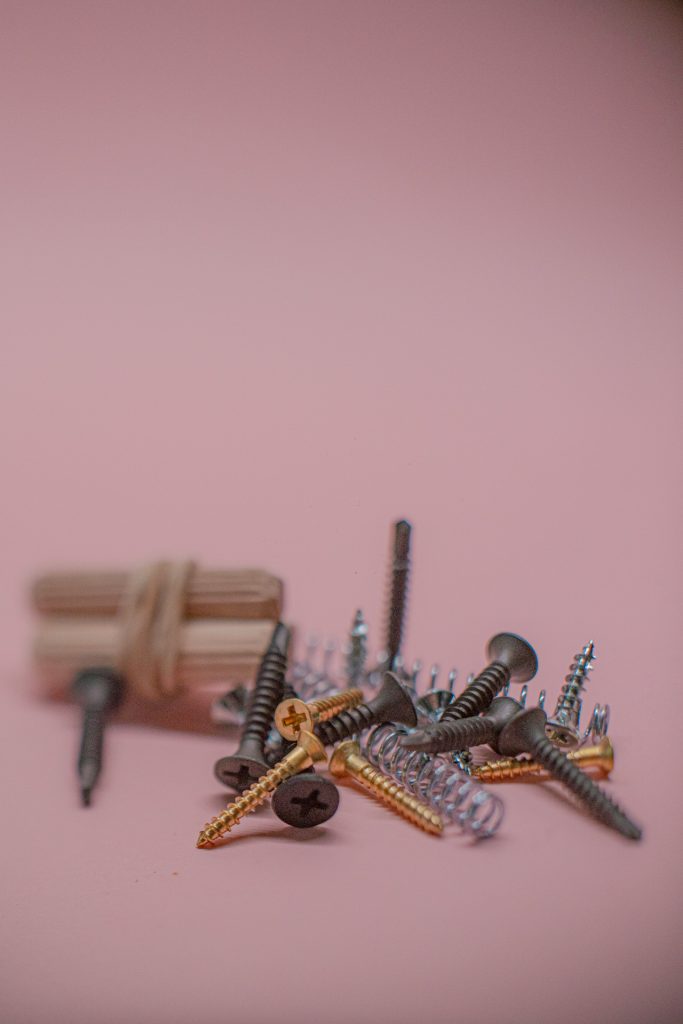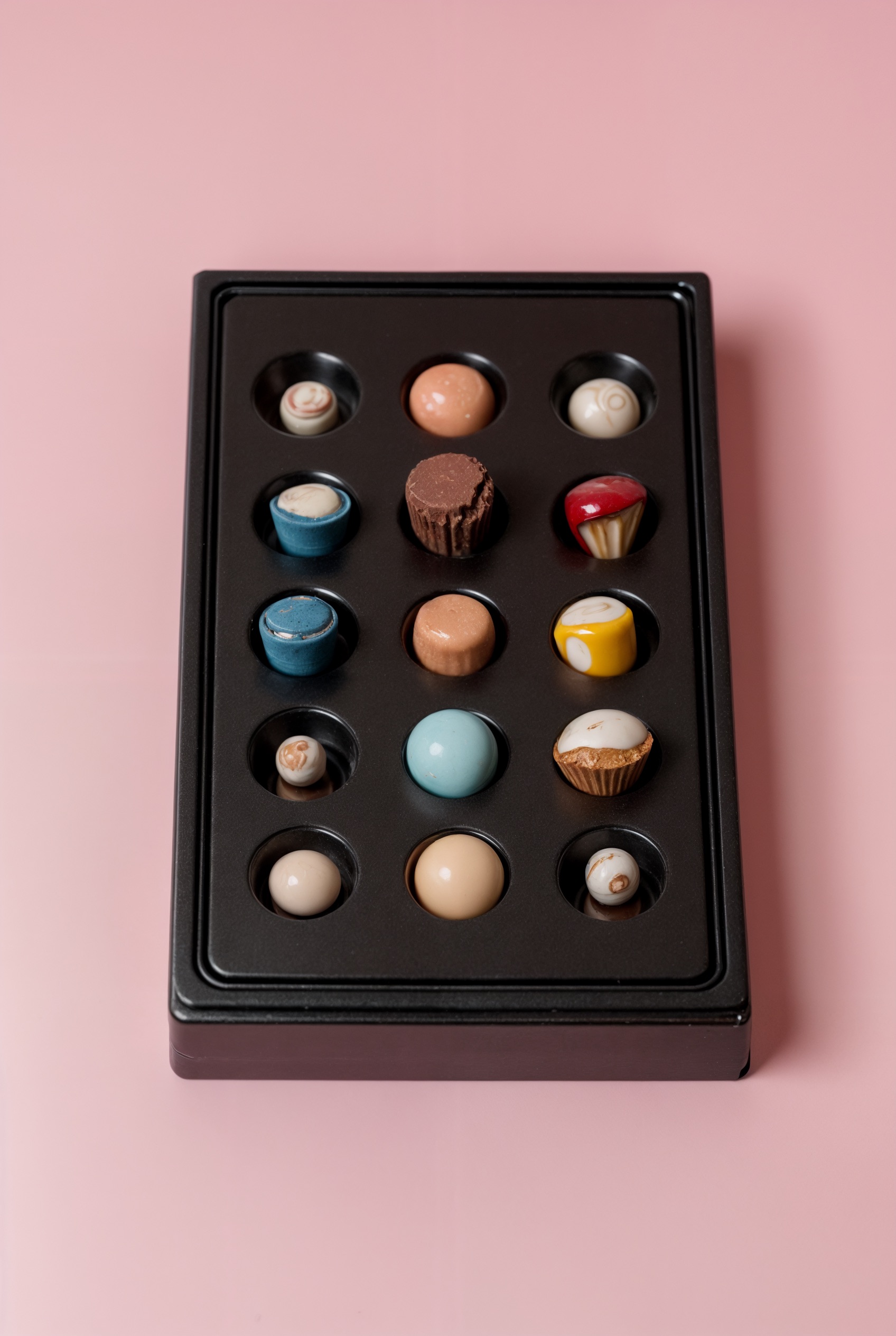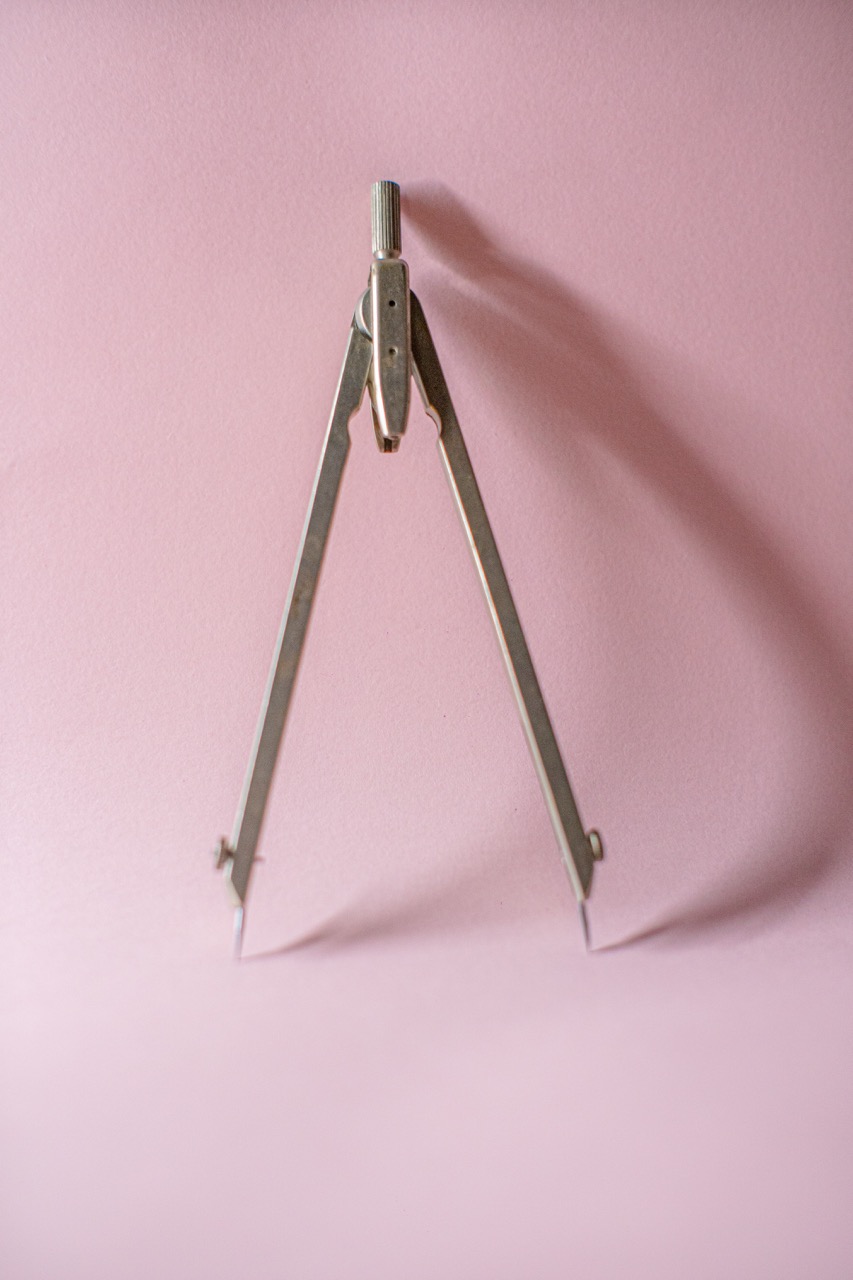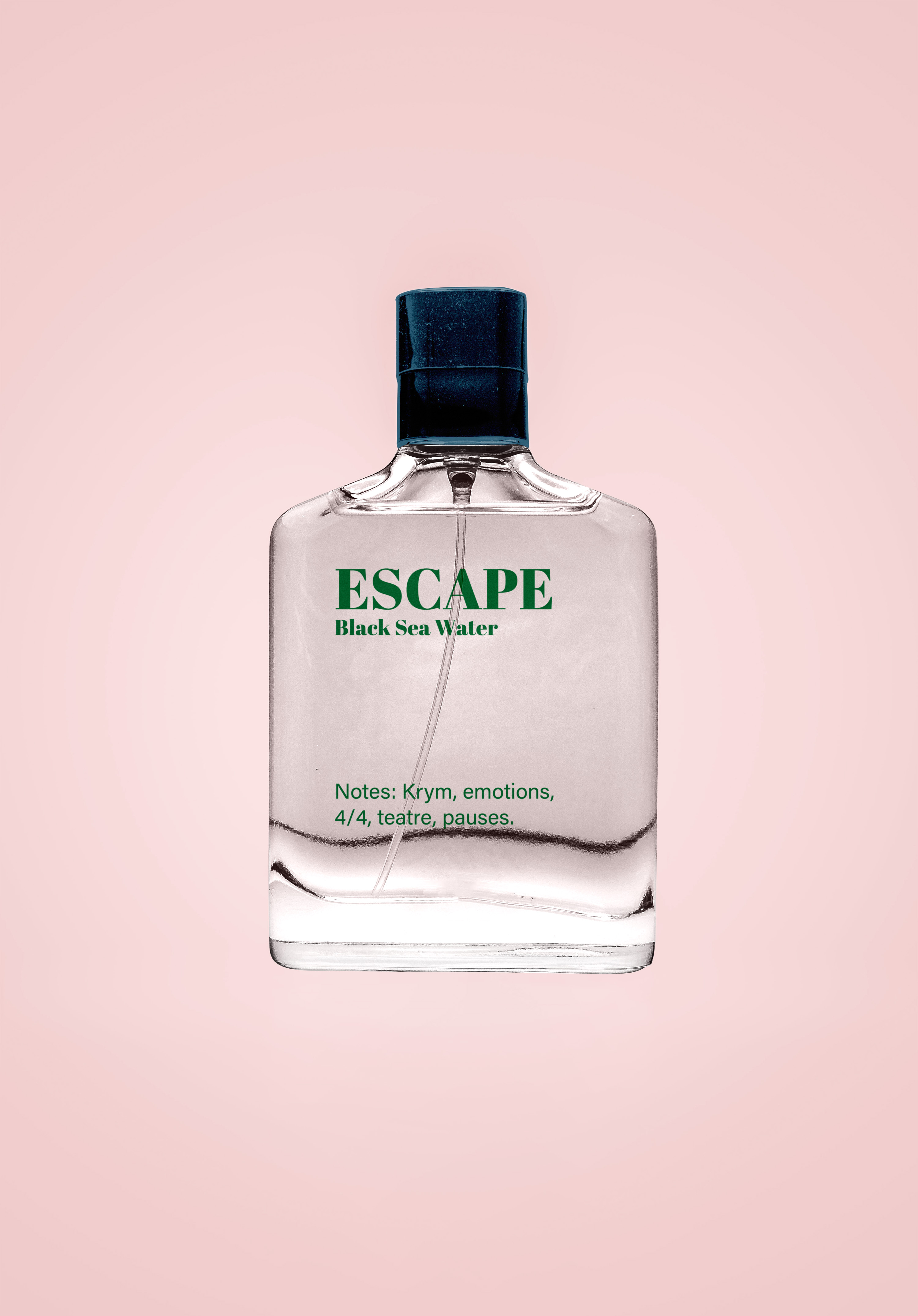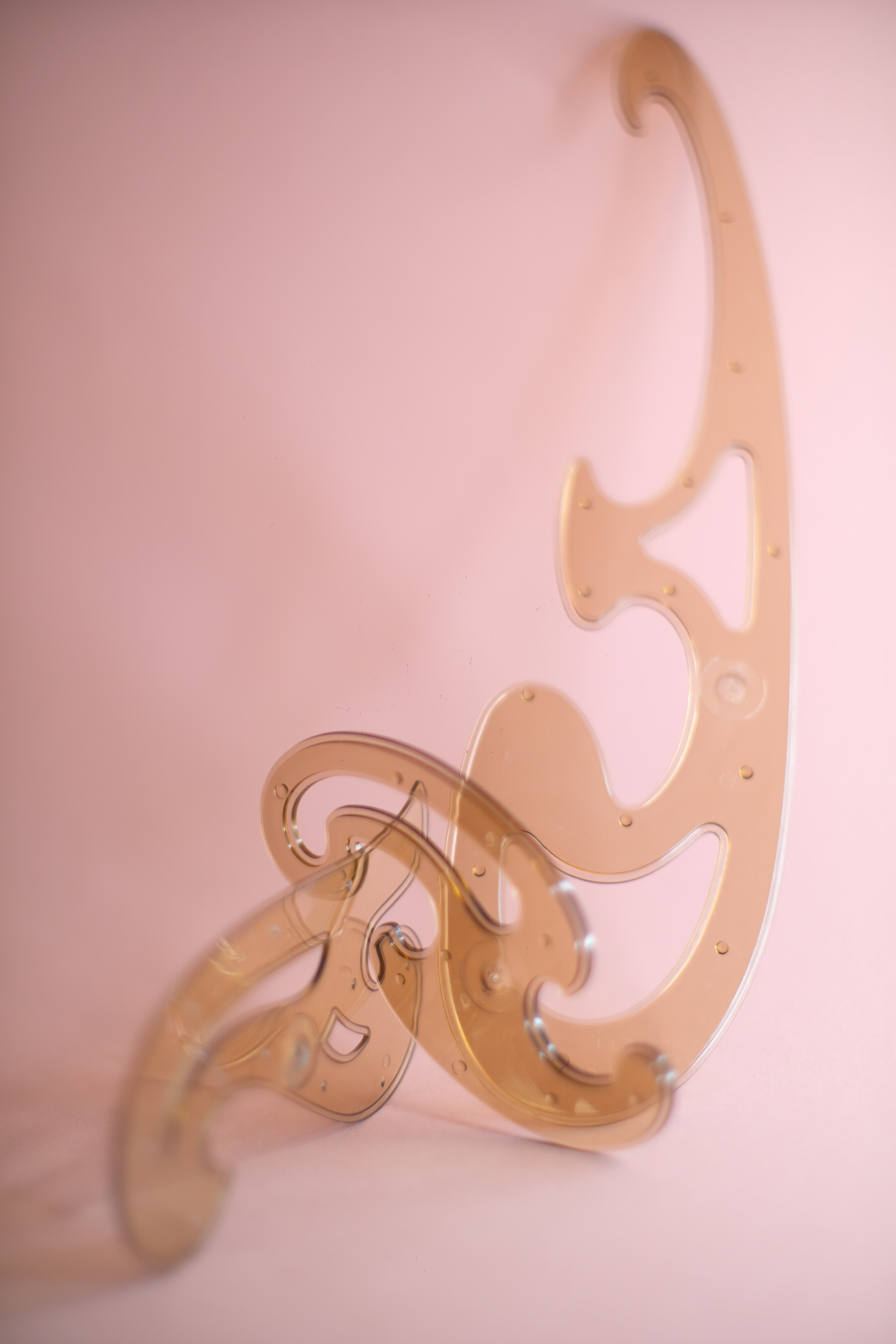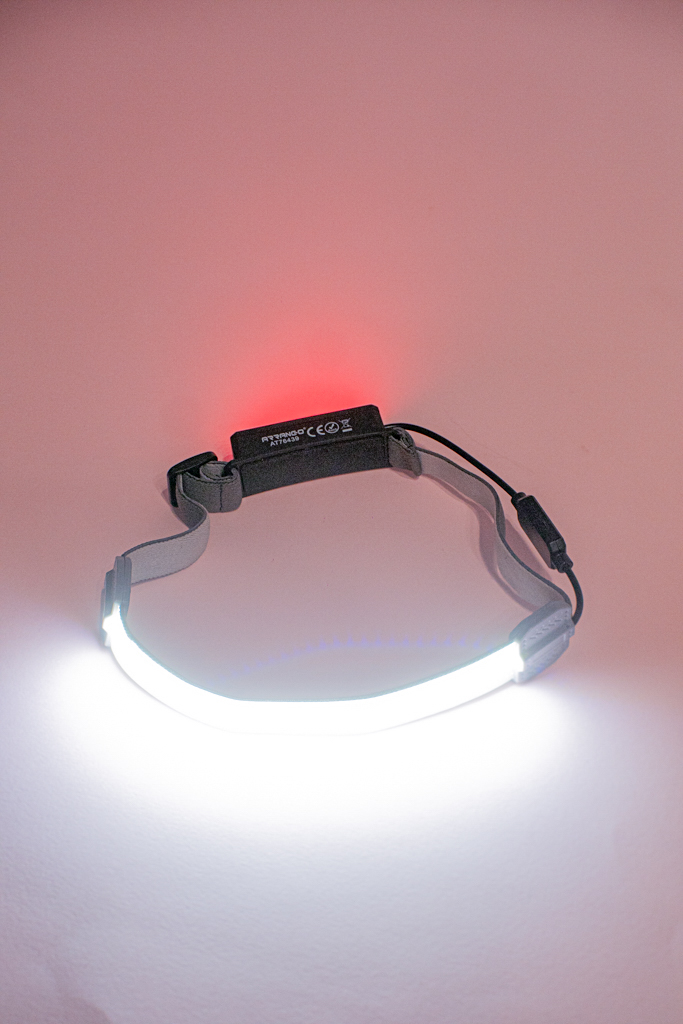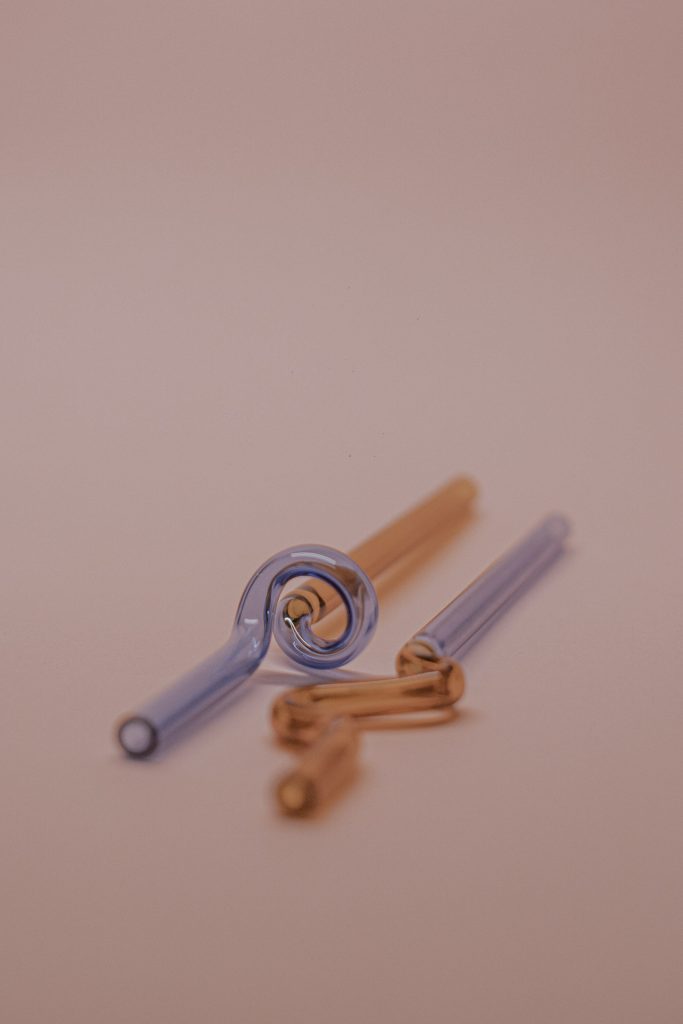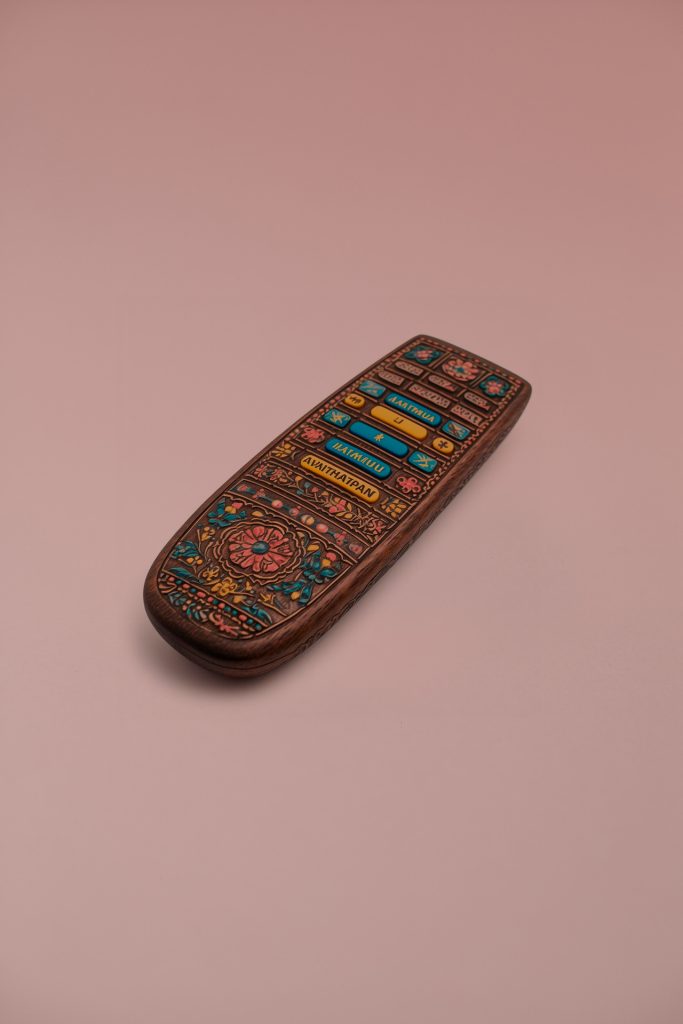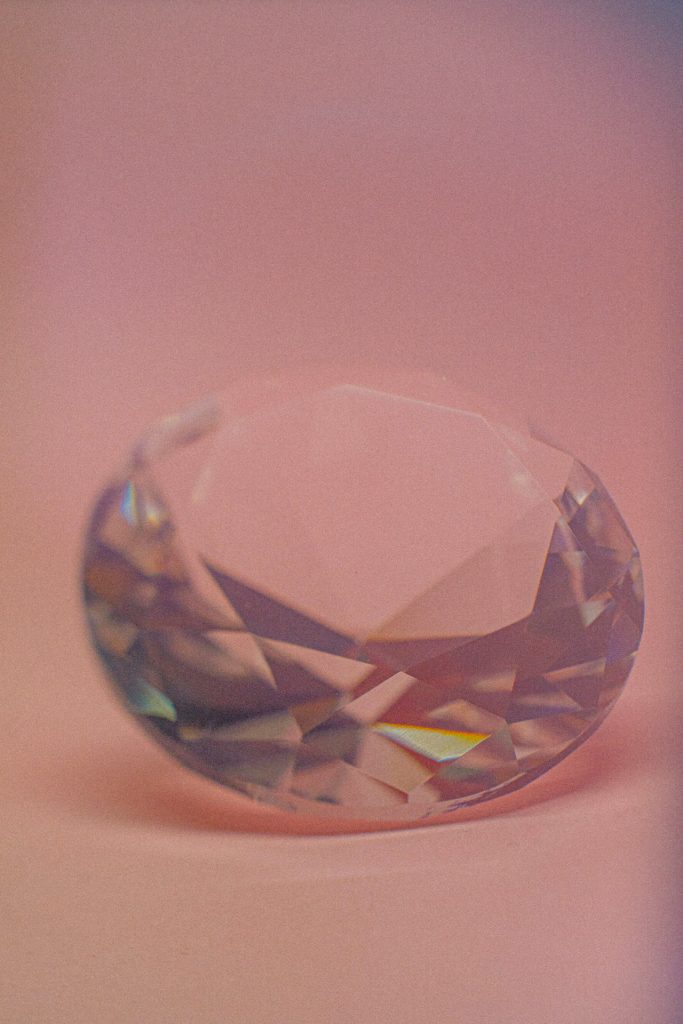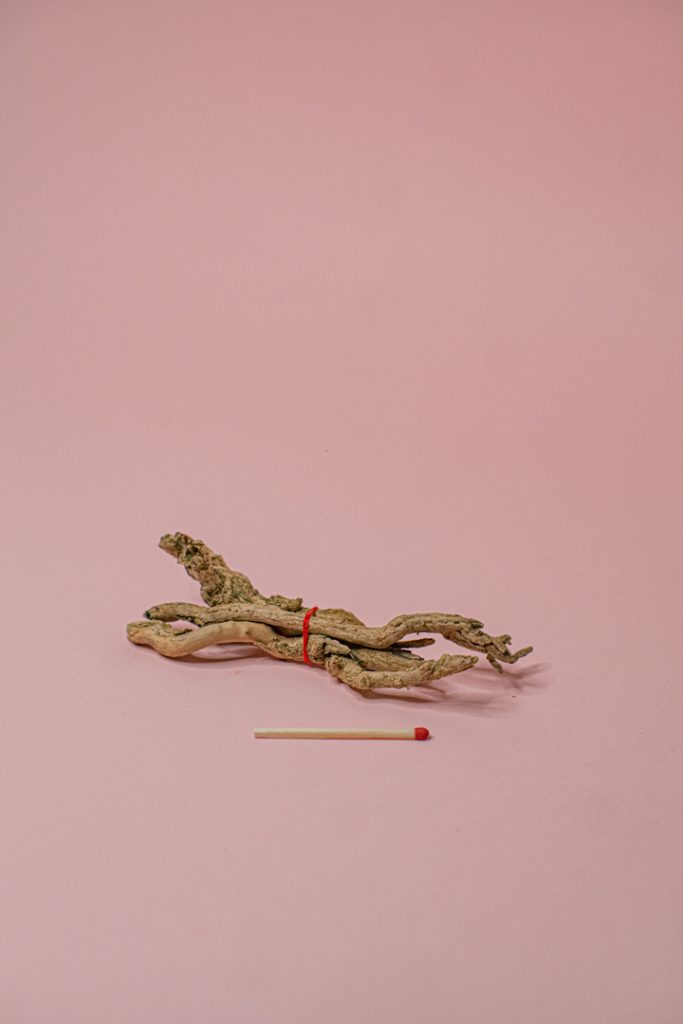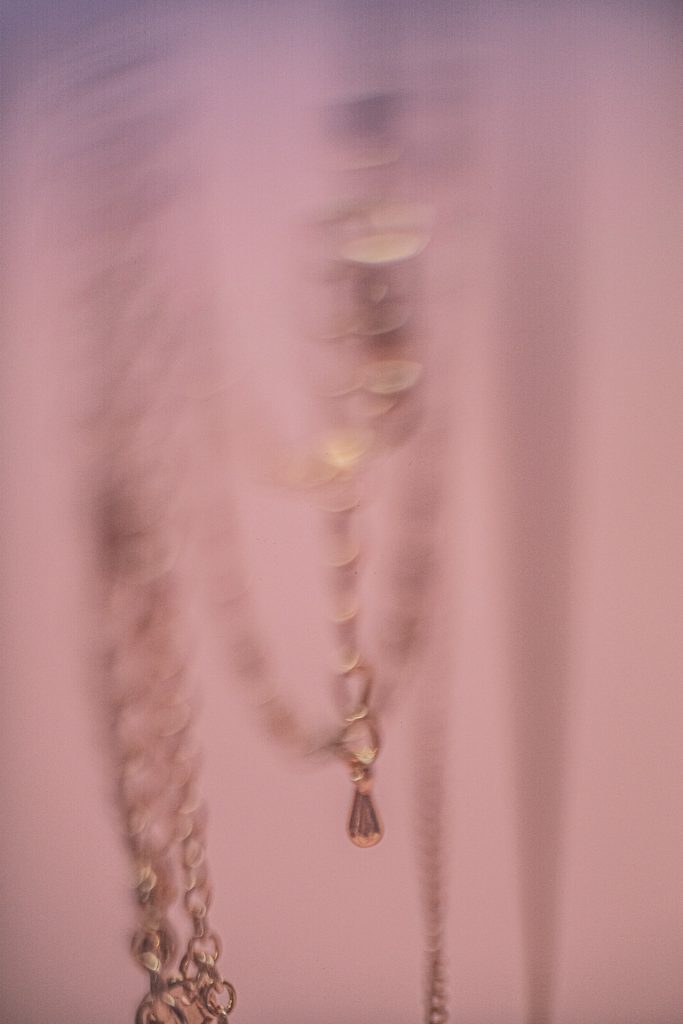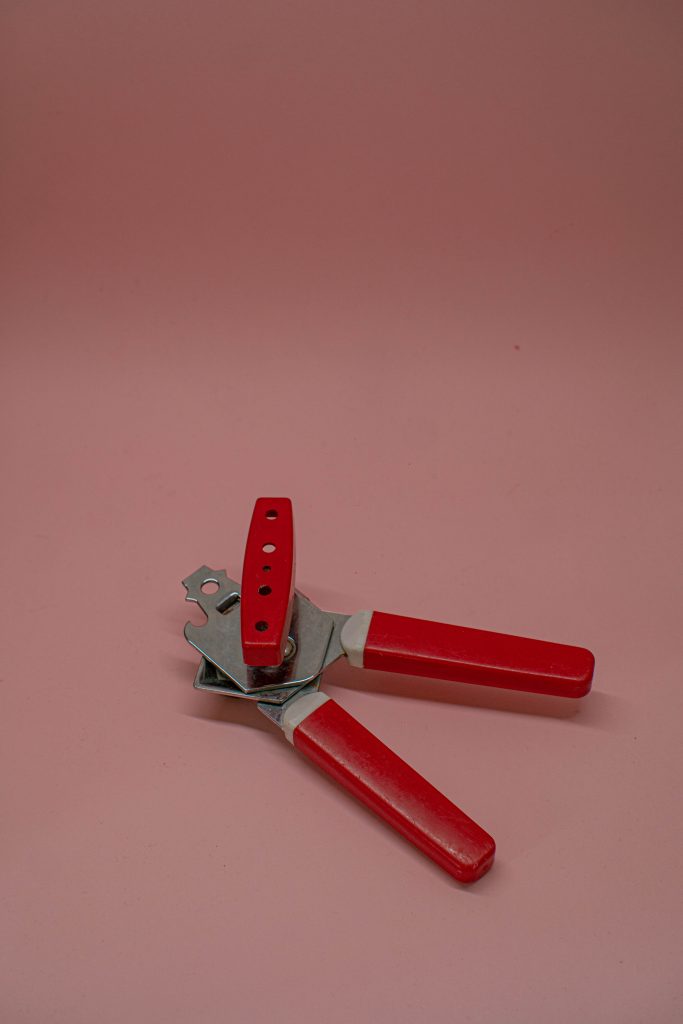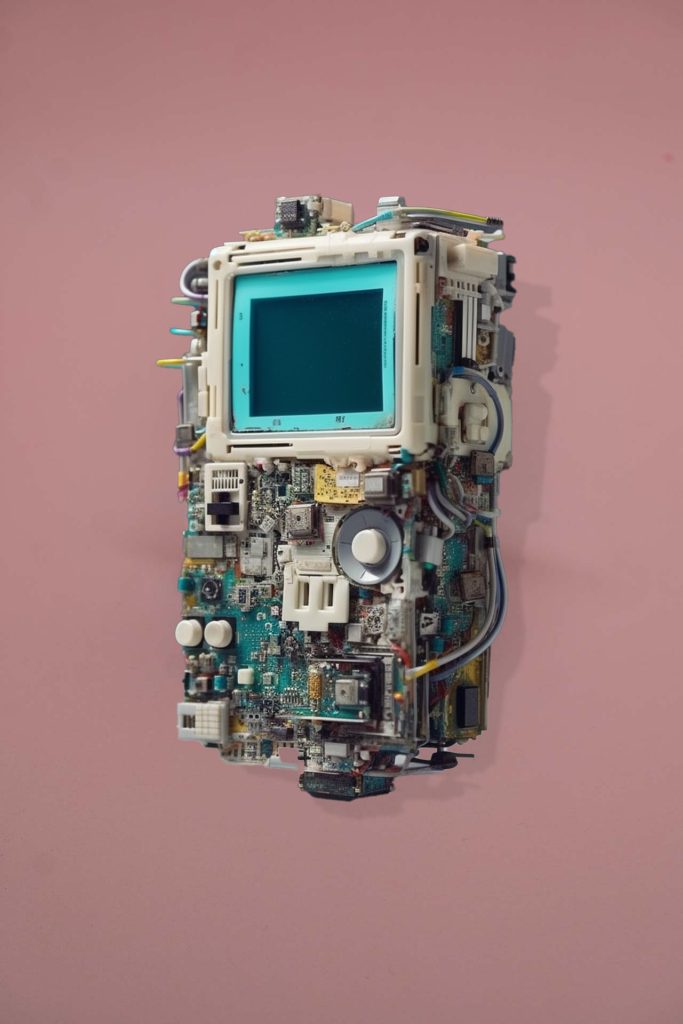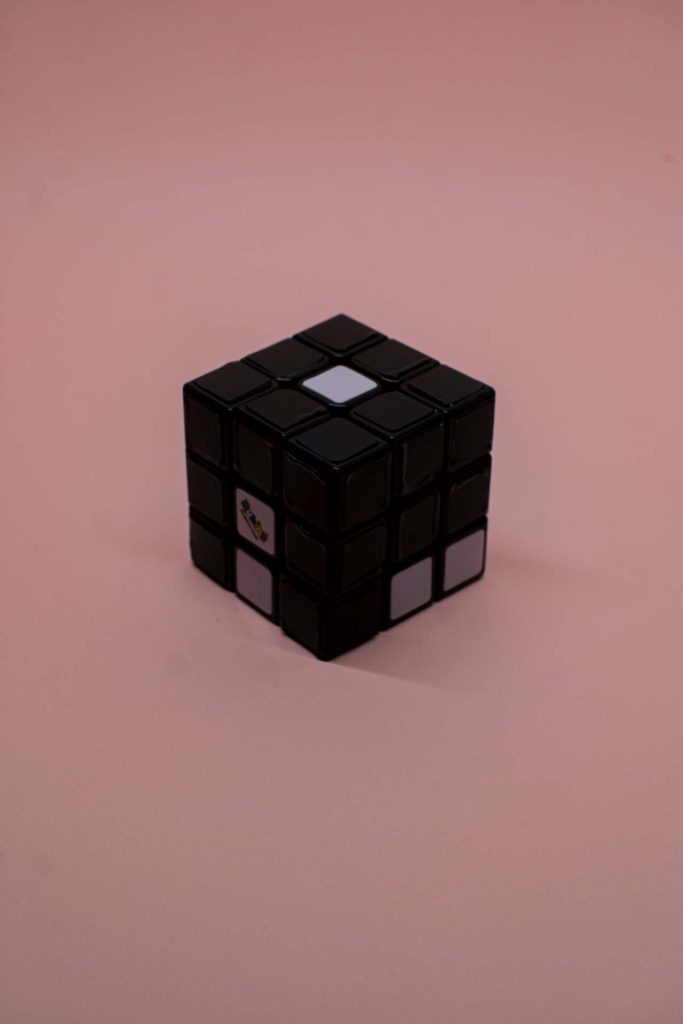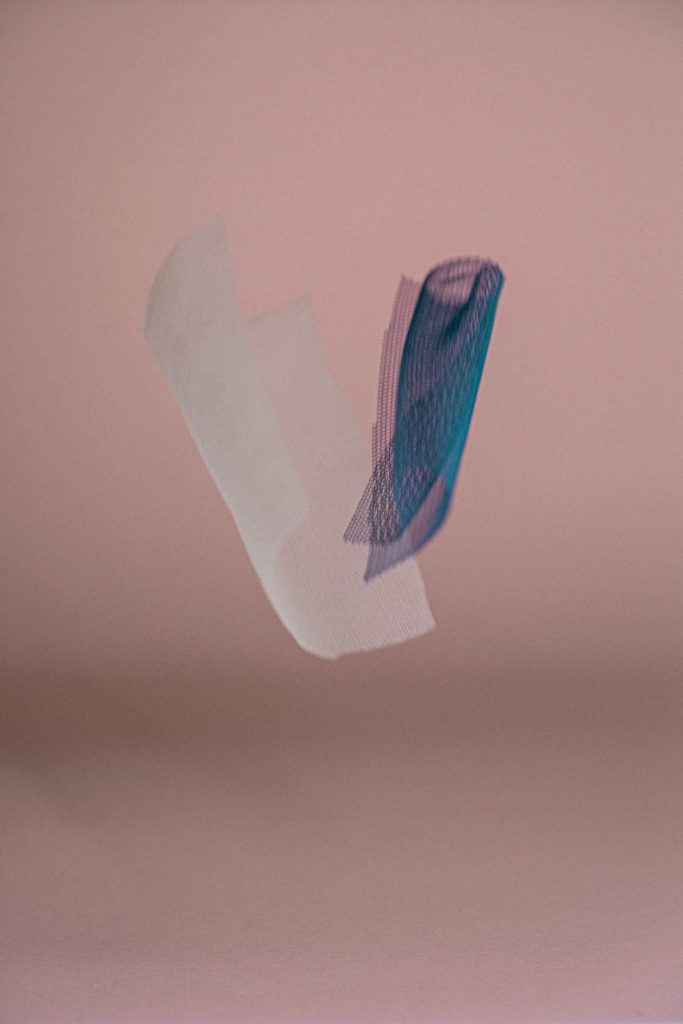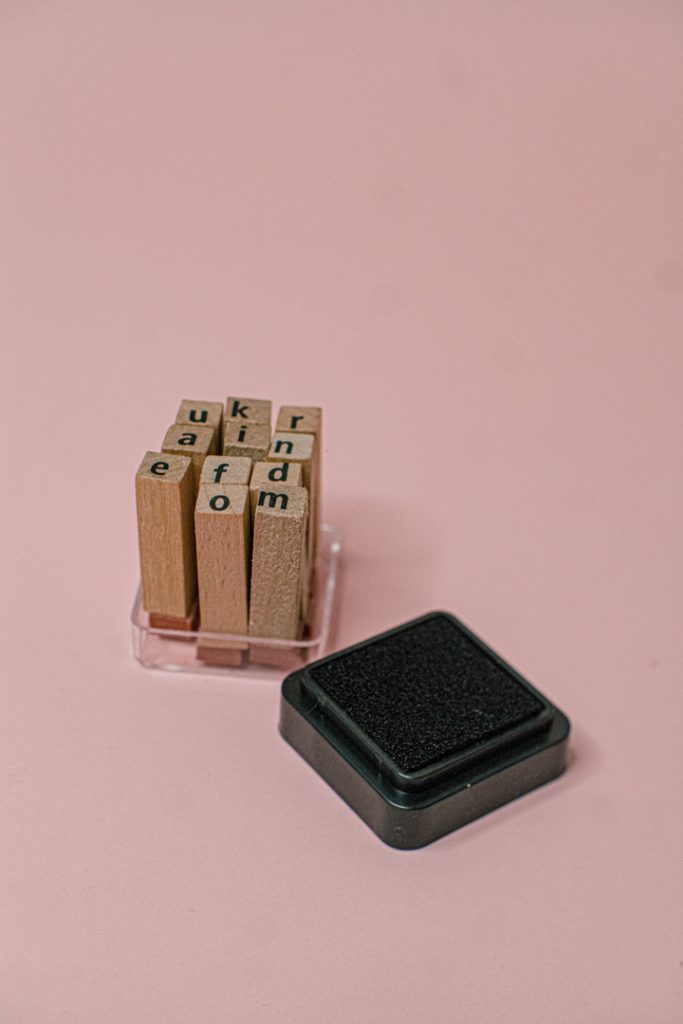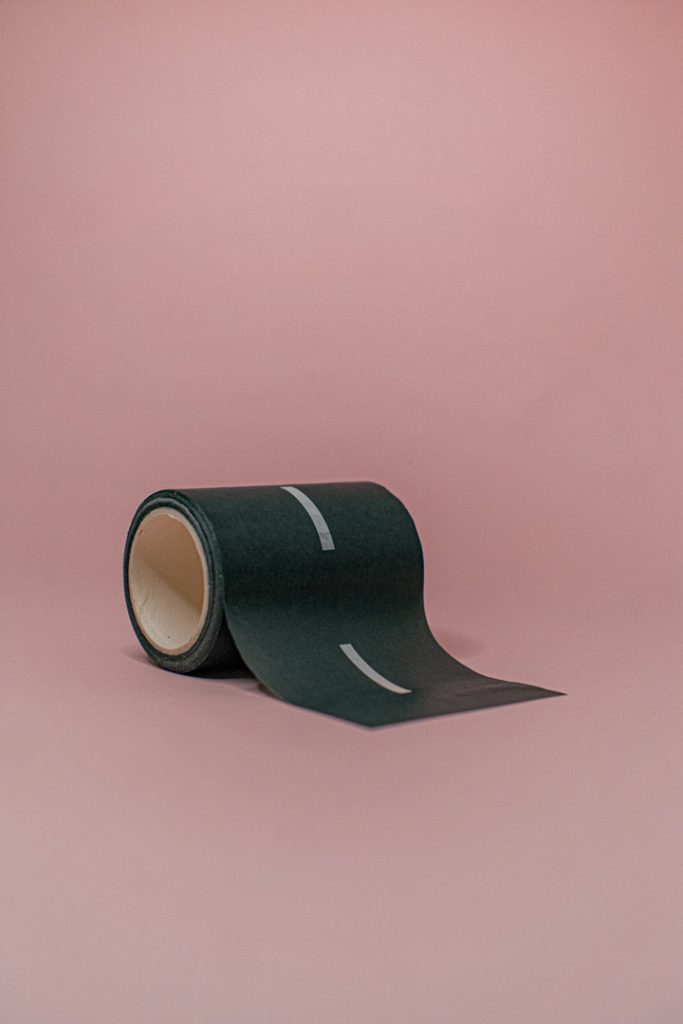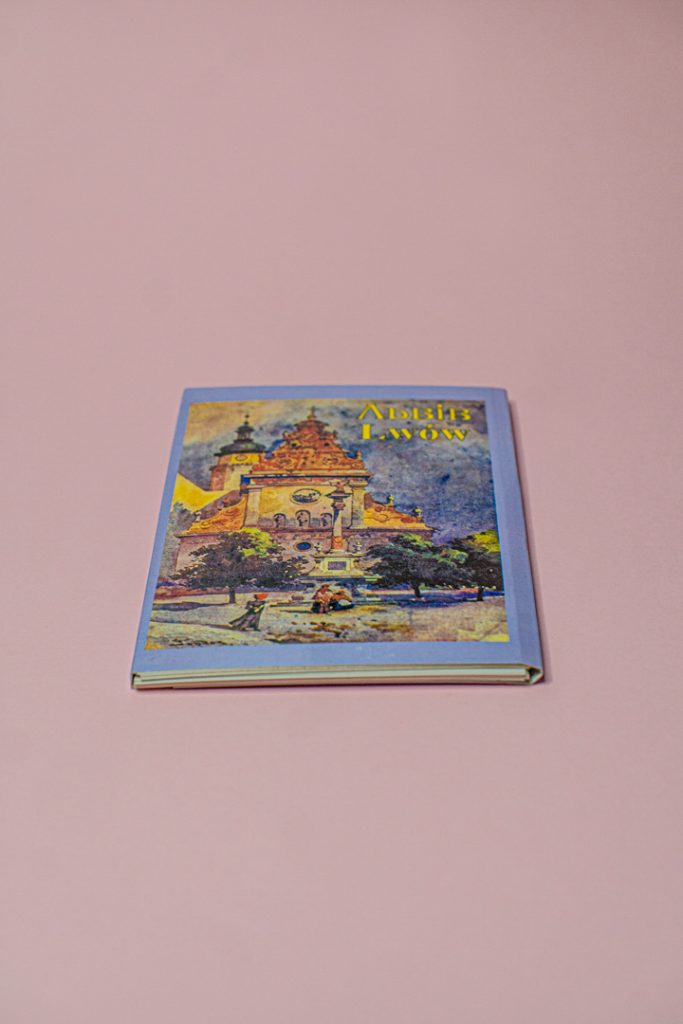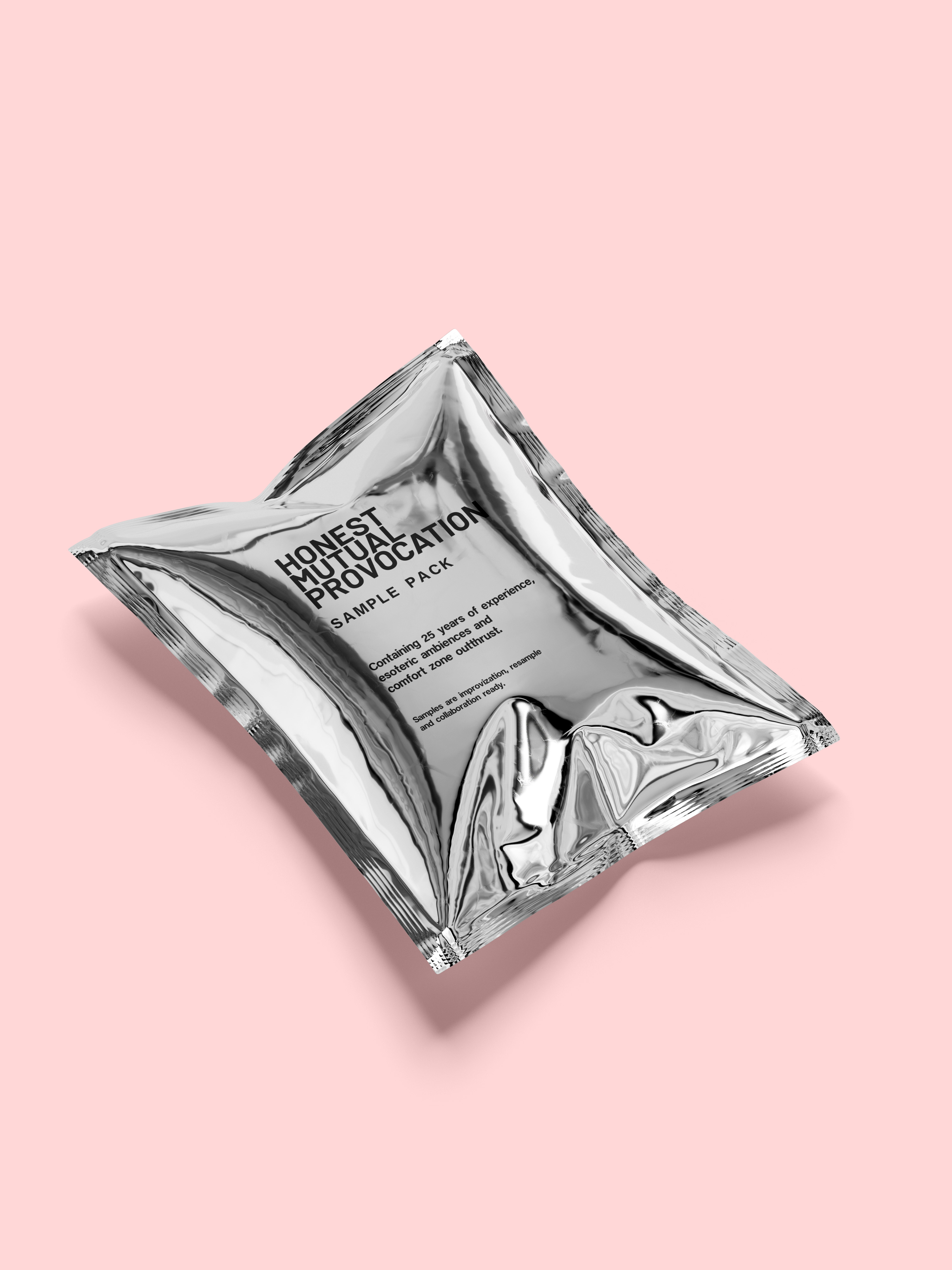
mutual provocation sample pack
Dmytro Fedorenko aka Kotra:
Dmytro Fedorenko, aka Kotra, has been at the forefront of Ukrainian electronic music for over 25 years. He made his debut with a solo album in 1998, then collaborated with Andriy Kirichenko’s Nexsound, before founding the Kvitnu label with Zavoloka. Their next venture is Prostir and the recently launched sublabel I Shall Sing Until My Land Is Free, whose proceeds go to organisations fighting the Russian invasion.
Piotr Tkacz: How did you get involved in music and especially in making music? What software and/or hardware are you using? Who was your inspiration?
Dmytro Fedorenko: I got involved in making music the only way possible – by actually making music. I don’t talk about my tools and instruments. There are many and they are always changing.I don’t really like to talk about technical aspects of creating music, like synthesizers or software. I think today in electronic music, there are some extreme examples where tools are presented as more interesting than ideas.
It is hard to say which artist exactly provoked me to start making music. I was exploring all kinds of music from childhood, and all the way through my teenage years. My love for the drive definitely came from rock music. The idea that music can be conceptual came to me from the English industrial scene and US artists like The Residents. The feeling of freedom and unlimitness came from electronic music (Pan Sonic, Muslimgauze, Aphex Twin). My self education and inspiration in music comes from a really wide range of time periods, artists and ideas.
PT: Does your music have a goal?
DF: One goal is always there, no matter the concept of each new album, or the way I perform live. It is to push audiences as far as possible from the listening normality of the comfort zone, and by that to provoke new strong emotions or states of perception. I hope (I try) that my albums can’t be listened to inthe background, and duringmy live performances that I am capable of making a few steps over the threshold, both aesthetically and physically To be able to achieve this goal I must apply my methods to myself in the same way I do to my audience. If it’s “too much” for the listener, it is also “too much” for me. Kind of an honest mutual provocation. Another goal is to have that subjective feeling or knowledge that I didn’t freeze, that I am capable of creating something new, and that I am not compromising with myself in any way possible. I see my music as a practice, like meditation, that teaches me to stay awake, to explore and develop myself. Art-esoteric inner practice 😉 My music in every moment absorbs, accumulates and distills everything I am now. It works as an observation tool, as well as a development mechanism. So with music I always know where I am and what to do next.
PT: Does volume or loudness play a part in that? I think it’s often fetishized.
DF: Loudness plays its part, obviously. Or maybe it’s better to say the dynamics. But just making it very loud is not enough. I’ve seen many loud and boring performances. Playing very loud is like driving very fast – it is nice to know what you are doing and why. I never thought about it. I can see how instruments may be fetishised, but the composition or recording process? Probably, yes
PT: When playing live do you base your performance on existing material or do you improvise?
DF: It’s in between. I have a lot of different elements prepared, and the final set is then improvised.
PT: And how about your work in the studio, do you start with a set idea or just play around with sounds until you find something interesting?
DF: I start with a general direction for each project. Sometimes more, other times less defined, but there is always some vector of where I want to move. Over the years I developed a number of methods to search and develop new ideas, like a library or storage of working tools. I go there and use whichever tools would work the best for that particular work.
PT: Could you tell more about those methods, maybe with some examples?
DF: Here are two examples. In some cases I strictly limit myself to the number of tools and instruments I am going to use for the next work. It helps to reset and restore some good concentration, as well as to focus on the more basic and naked ideas. For other situations I have a more complex approach. After formulating the new idea, I start with creating extensive sound libraries. It might take many days and weeks, and hundred of hours of various recordings of different types. Later it would take further days and weeks of preparing those recordings by editing, processing and cataloging. This very long process at first follows but later shapes the initial idea into the base from which I can push myself into the composing process. Usually those libraries are several times bigger than I actually might need for the new album, and a big part of those sounds are never used. Some of my methods are good for various collaborations, others are for different solo works. Also I have developed some tricks to “unblock” myself when I feel stuck in the process.
PT: Could we talk about your various collaborations?
DF: The basic idea of any collaboration is to have something different from the solo works, something new. The further away the result is from the solo works of each participant, the better, I guess. A long time collaborative project is the band, Cluster Lizard, with Kateryna Zavoloka. We’ve released three albums together and it is probably the essence of our many years of music and art partnership.
Here we put all the best from both of us: the methods, the agreements, all the concepts. Cluster Lizard is a triple distilled mix of our artistic blend.
In 2022 together with Jeff Surak, we started another band Their Divine Nerve and this year we released our first album on Staalplaat. Here everything is about the moment. When working with Jeff, it is all about the improvisation. With him we have a very unique bond on listening to each other.
Last year as Variát I made two collaboration works:
one with Merzbow:
another with Monolog:
As Cluster Lizard we’ve just finished our fourth album which is in preproduction now, and as Their Divine Nerve we now have at least two new unreleased albums which are waiting for their turn to be released.
Also one NFT project “Meta-Reflections of Hope” which we made together with the visual artist Shortcut for Vienna Contemporary in 2022.
Here I also contributed my visual artistic work, alongside the music. There is one way I can tell when my collaboration worked in the best way possible, and it’s when I listen to the final work and cannot really tell who did what here or there in the work.
PT: Do you listen to your old works? If yes, what are your feelings or thoughts?
DF: Rarely. When I do, I wonder if this or that album passed the test of time for me. But I never have the nostalgic feelings or interest to dive into my past.
PT: Do you think about how people listen to your music? Are there any perfect conditions that you envision?
DF: Never thought about it. Does it matter?
Over the years I’ve got some amazing feedback from my listeners, some were very surprising, others were very inspiring. But it was not about how they listened, but about their perception, what was triggered.
I don’t think such conditions exist that universally fit everyone. And it would be strange to try (or even think) of implementing perception conditions on listeners. My work ends with the finished album, and what happens afterwards between my music and the listener is their intimate relationship in all senses.
Translation: Maria Kozan
